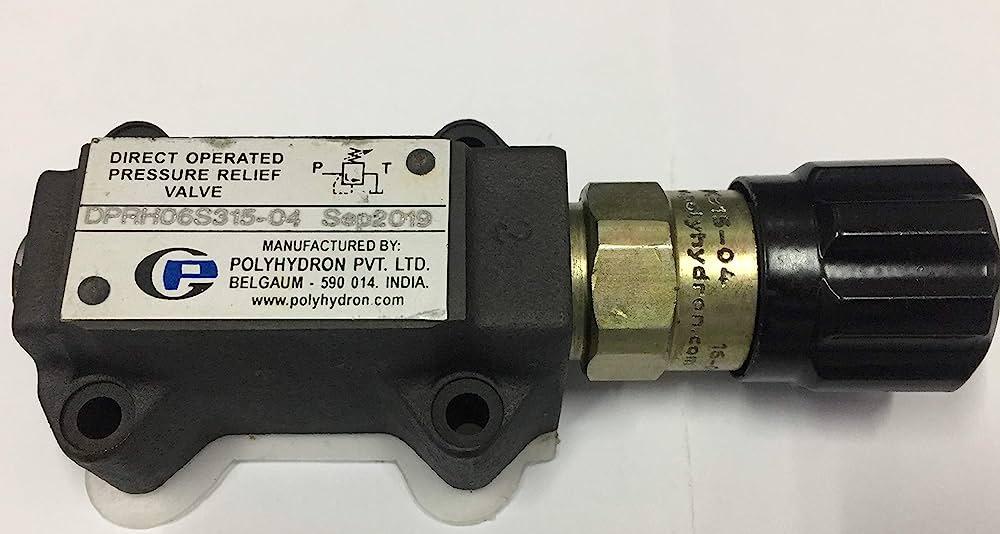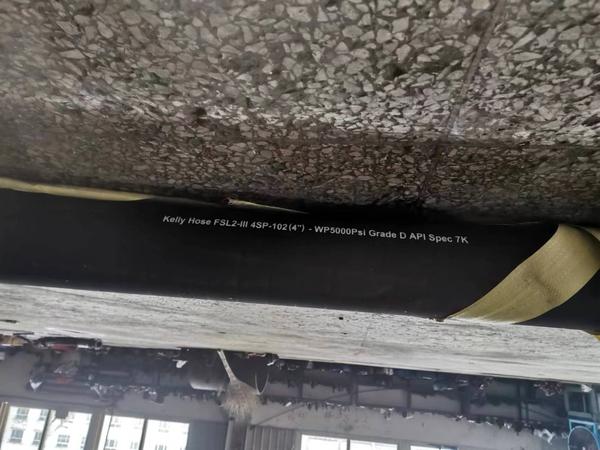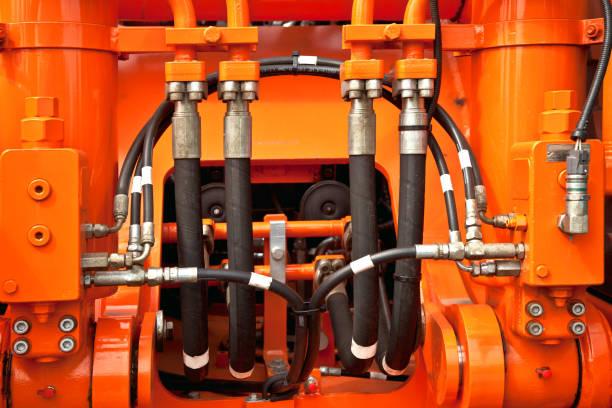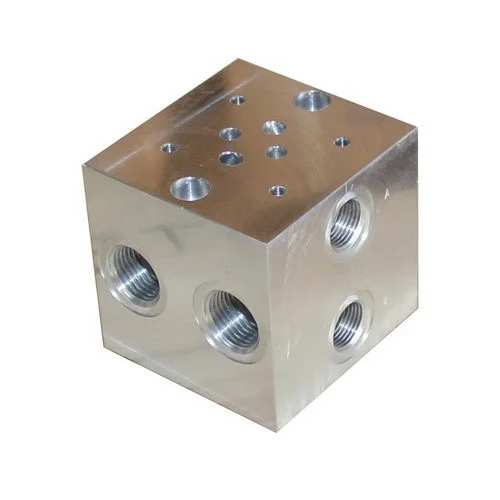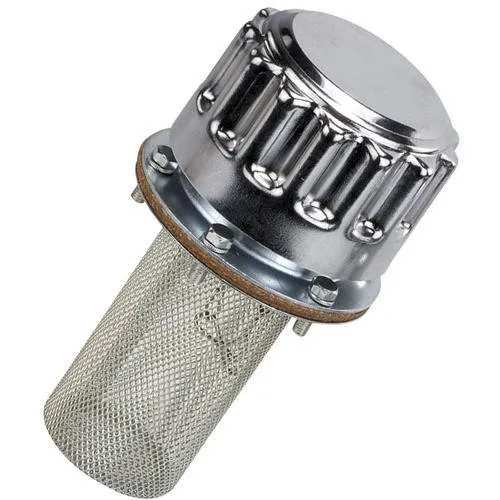Pressure Relief valve
INR 0
Enquire
Description
A pressure relief valve is a safety device designed to protect pressure vessels and piping systems from over-pressurization. Here's a more detailed description: Core Function: Over-Pressure Protection: The primary function is to prevent damage to equipment and potential hazards by releasing excess pressure from a system. It acts as a fail-safe, automatically opening when the internal pressure exceeds a pre-set limit. Pressure Release: When the set pressure is reached, the valve opens, allowing fluid (liquid or gas) to escape from the system. This release reduces the internal pressure, preventing potential ruptures or explosions. Re-seating: Once the pressure drops below a certain level, the valve is designed to close again, restoring the system's normal operating conditions. Key Characteristics: Set Pressure: This is the predetermined pressure at which the valve is designed to open. Types: There are various types, including spring-loaded, pilot-operated, and rupture disks, each suited for different applications and pressure ranges. Applications: Pressure relief valves are used in a wide range of industries, including: Oil and gas Chemical processing Power generation Hydraulic systems steam boiler systems. Safety Critical: These are very important safety items. There are many regulations and standards that relate to the proper selection, installation, and maintenance of pressure relief valves.

